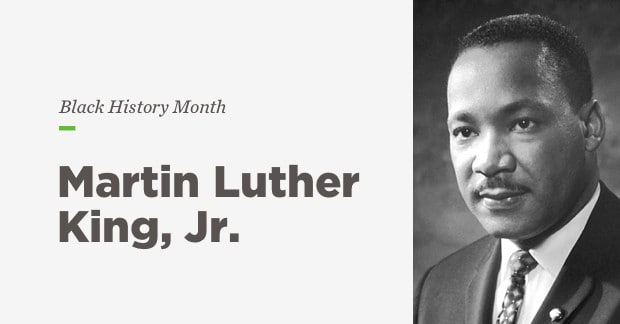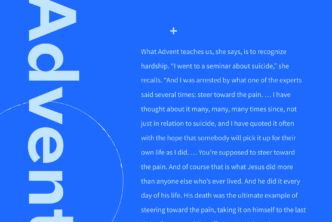It seems appropriate that as we bring Black History Month to a close, we pay tribute to Dr. Martin Luther King Jr.
Dr. King is regarded as one of the greatest non-violent leaders the world has ever known. He spent nearly 13 years (December 1955–April 1964) working towards racial equality and freedom, becoming the leading figure of the American Civil Rights Movement.
The country frowned upon Dr. King’s decision to continue civil protests despite the city government obtaining injunctions against all public demonstrations.
City officials weren’t the only people who thought King and Rath Abernathy were out of line. A group of clergymen asked the community in an open letter to renounce protest tactics—to do so in court and “not in the streets.” It was in response to that letter that King wrote his famous letter from Birmingham jail.
The following is an excerpt from Letter from Birmingham Jail:
***
Of course, there is nothing new about this kind of civil disobedience. It was evidenced sublimely in the refusal of Shadrach, Meshach, and Abednego to obey the laws of Nebuchadnezzar, on the ground that a higher moral law was at stake. It was practiced superbly by the early Christians, who were willing to face hungry lions and the excruciating pain of chopping blocks rather than submit to certain unjust laws of the Roman Empire. To a degree, academic freedom is a reality today because Socrates practiced civil disobedience. In our own nation, the Boston Tea Party represented a massive act of civil disobedience.
We should never forget that everything Adolf Hitler did in Germany was “legal” and everything the Hungarian freedom fighters did in Hungary was “illegal.” It was “illegal” to aid and comfort a Jew in Hitler’s Germany. Even so, I am sure that, had I lived in Germany at the time, I would have aided and comforted my Jewish brothers. If I lived in a Communist country where certain principles dear to the Christian faith are suppressed, I would openly advocate disobeying that country’s antireligious laws.
. . .
I hope the church as a whole will meet the challenge of the decisive hour. But even if the church does not come to the aid of justice, I have no despair about the future. I have no fear about the outcome of our struggle in Birmingham, even if our motives are at present misunderstood. We will reach the goal of freedom in Birmingham and all over the nation, because the goal of America is freedom. Abused and scorned though we may be, our destiny is tied up with America’s destiny. Before the pilgrims landed at Plymouth, we were here. Before the pen of Jefferson etched the majestic words of the Declaration of Independence across the pages of history, we were here. For more than two centuries our forebears labored in this country without wages; they made cotton king; they built the homes of their masters while suffering gross injustice and shameful humiliation––and yet out of a bottomless vitality they continued to thrive and develop. If the inexpressible cruelties of slavery could not stop us, the opposition we now face will surely fail. We will win our freedom because the sacred heritage our nation and the eternal will of God are embodied in our echoing demands.1
***
*Note: an earlier version of this article mistakenly said Dr. King was assassinated a few days after writing the letter.





